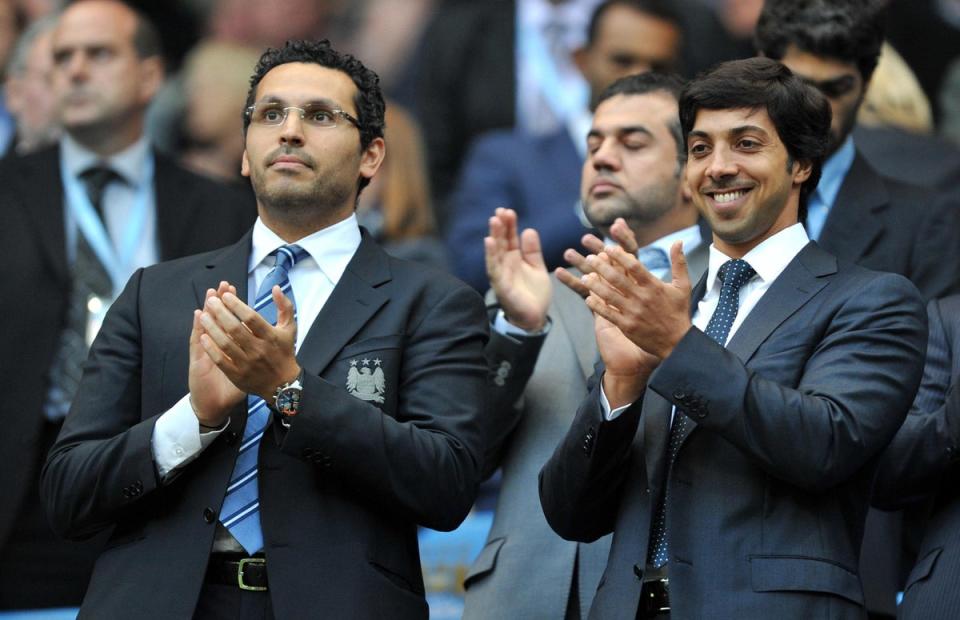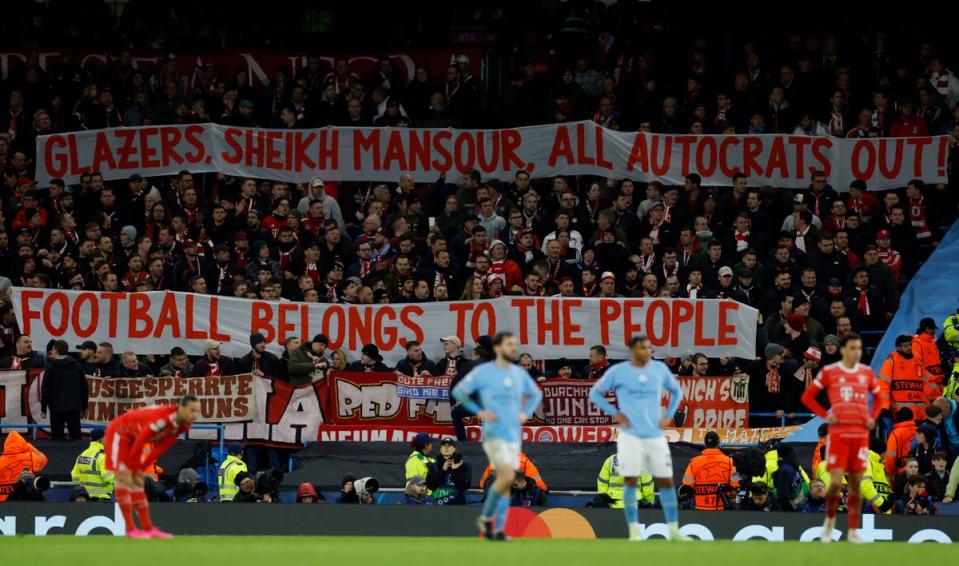Premier League clubs push government over key question surrounding state ownership in English football

Premier League clubs and other senior football figures have increased pressure on the Department of Culture, Media and Sport over state ownership in the English game, raising specific questions about whether a distinction will be drawn between revenue and equity when it comes to testing the liquidity of clubs.
There is a feeling that a more general framing of the rules could have the unintended consequence of diminishing competitive balance, while also worsening the very issue the independent regulator is being set up to tackle.
The Saudi Arabian takeover of Newcastle United has made the majority of the Premier League clubs - sometimes described as “the other 18” in this context - more attuned to the potential issues that come with state ownership, and it is understood that the topic was constantly raised in the initial talks that informed the content of the landmark White Paper on football.
The issue wasn’t even mentioned in the eventual document, though, despite it representing a significant factor that greatly influences all of the problems that the regulator is supposed to cover - primarily club sustainability and systemic sustainability - through the raising of the financial threshold. The absence of reference was largely put down to the Conservative government’s concern for geopolitics, and another example of how this is affecting the game.
Scrutiny on the subject has continued into the formation of the independent regulator, with football officials pressing DCMS on exactly how the body will test the solvency of clubs.
The White Paper has made the financial sustainability and resilience of the sport its “primary strategic purpose”.
“To support this purpose, it will have 3 specific primary duties,” the paper read. “Club sustainability - the financial sustainability of individual clubs. Systemic stability - the overall stability of the football pyramid. Cultural heritage - protecting the heritage of football clubs that matter most to fans.”
Within that, the regulator will be empowered to determine the liquidity requirements for clubs based on the business plans.
Other football officials are concerned that, if the framing of the questions around club sustainability only go as far as liquidity and does not have more specific terms relating to whether potential income is revenue, it could end up favouring state-owned or state-linked clubs.
The argument is that, since state-owned clubs would easily pass all the solvency tests due to the fact their ownerships have virtually unlimited money and no financial risk, it would further skew the market. They would have complete freedom, while rival clubs had to be more conscious of the parameters when it comes to spending. A fear is that rivals just won't be able to keep up.

The issue of revenue and equity is covered by the Premier League’s Financial Fair Play rules, and has informed part of the charges against Manchester City, but club officials are insisting that the independent regulator should be just as rigid on this and ensure all regulations covering the game are as tight and consistent as possible.
A comparison has been raised with a similar system in French football, where Paris Saint Germain’s mega sponsorship deal with the Qatar Tourism Authority saw the club easily pass the domestic rules, only for Uefa to subsequently write it down.
One of the core issues in the City case is whether money from sponsors Etihad and Etisalat actually came from the owner, Sheikh Mansour, and consequently represented equity disguised as revenue. The case is ongoing as City insist upon their compliance with the rules.
Many football figures also raised it as regards Newcastle United's new sponsorship deal with Saudi Arabian company Sela, pointing to a unique question that comes from states with such centralised structures.

